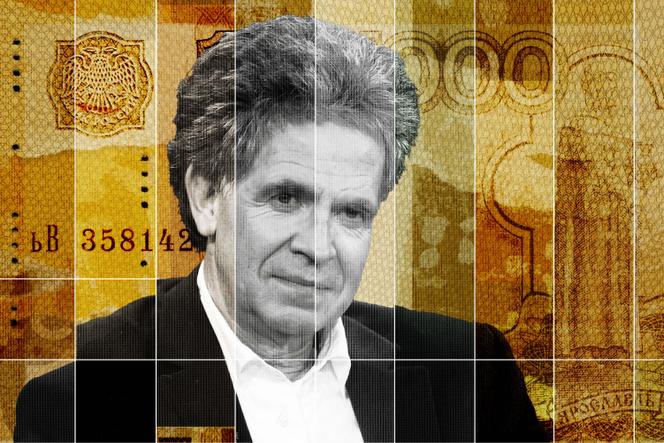


In June 2021, German journalist Hubert Seipel was invited on the radio to present his latest book, Putins Macht: Warum Europa Russland braucht ("Putin's Power: Why Europe Needs Russia"). He was affable and his tone courteous. But after 15 minutes or so, he suddenly stiffened. The presenter had just asked him if he receives fees from Russia. "How dare you?" Seipel exclaimed, dumbfounded.
Yet the question was far from trivial. Seipel, known as a specialist in Russian geopolitics, boasts that he is "the only Western journalist in direct contact with Putin," whom he met in 2010 to prepare his documentary I, Putin: A Portrait (2012). As a result, he is frequently criticized for his pro-Kremlin stance. His previous book, published in 2015, had already been widely vilified in the German press for its "breaches of the most basic journalistic standards."
The Cyprus Confidential investigation has raised the possibility that the Kremlin secretly tried to influence public debate in Germany. It also shed a new light on the journalist's stances. Confidential financial data from Cypriot firm Cypcodirect Corporate Services revealed that his two books were partly financed by offshore companies linked to an oligarch close to the Kremlin, in contradiction with the fundamental rules of journalistic ethics.
A "deed of sponsorship" was signed, on March 16, 2018, between Seipel and a British Virgin Islands company, De Vere Worldwide Corporation, for "writing a book on political environment in the Russian Federation." The confidential document specifies that "the sponsor wishes to support the development" of the book by paying the author €600,000 and by providing "adequate logistical and organizational support," adding that "the author shall have no obligation to the Sponsor in relation to the Project (whether with respect to the content or the composition of the book or otherwise)." According to the leaked documents, the sum was paid to the journalist in two installments from an account hosted by Russian bank Sovcombank in 2018 and 2019.

Another internal document from the Cypriot firm revealed that a "similar deed" had been signed in 2013 for a "Putin biography" – the subject of Seipel's first book, published in 2015.
The advantage of using opaque offshore companies for this type of contract is that the owner, like the money transfers, often remains unknown. Cyprus Confidential documents, however, provided numerous clues as to the identity of the principal player, suggesting that it was Alexei Mordashov – the main shareholder in Russia's largest steel company, Severstal.
You have 45% of this article left to read. The rest is for subscribers only.
